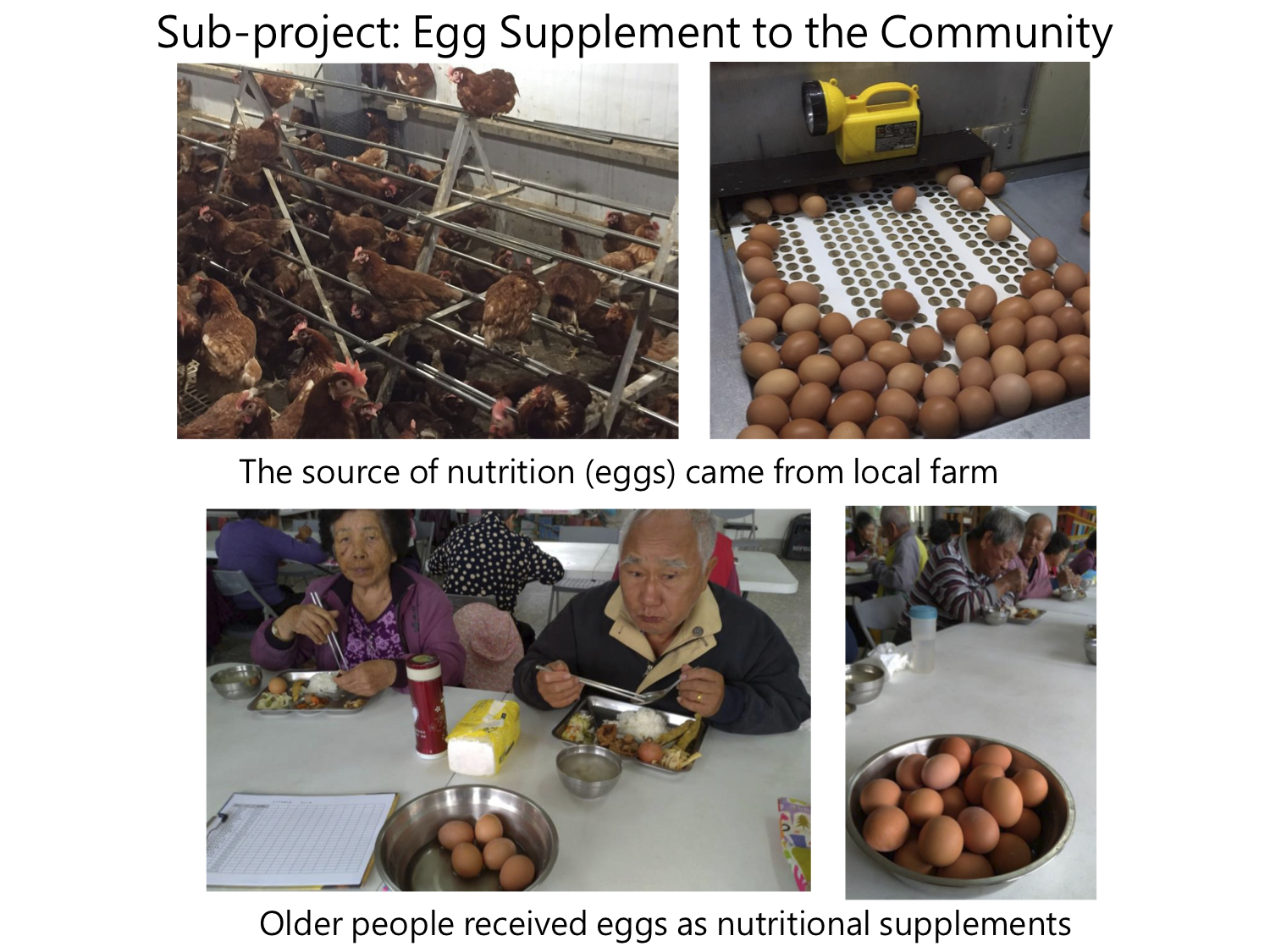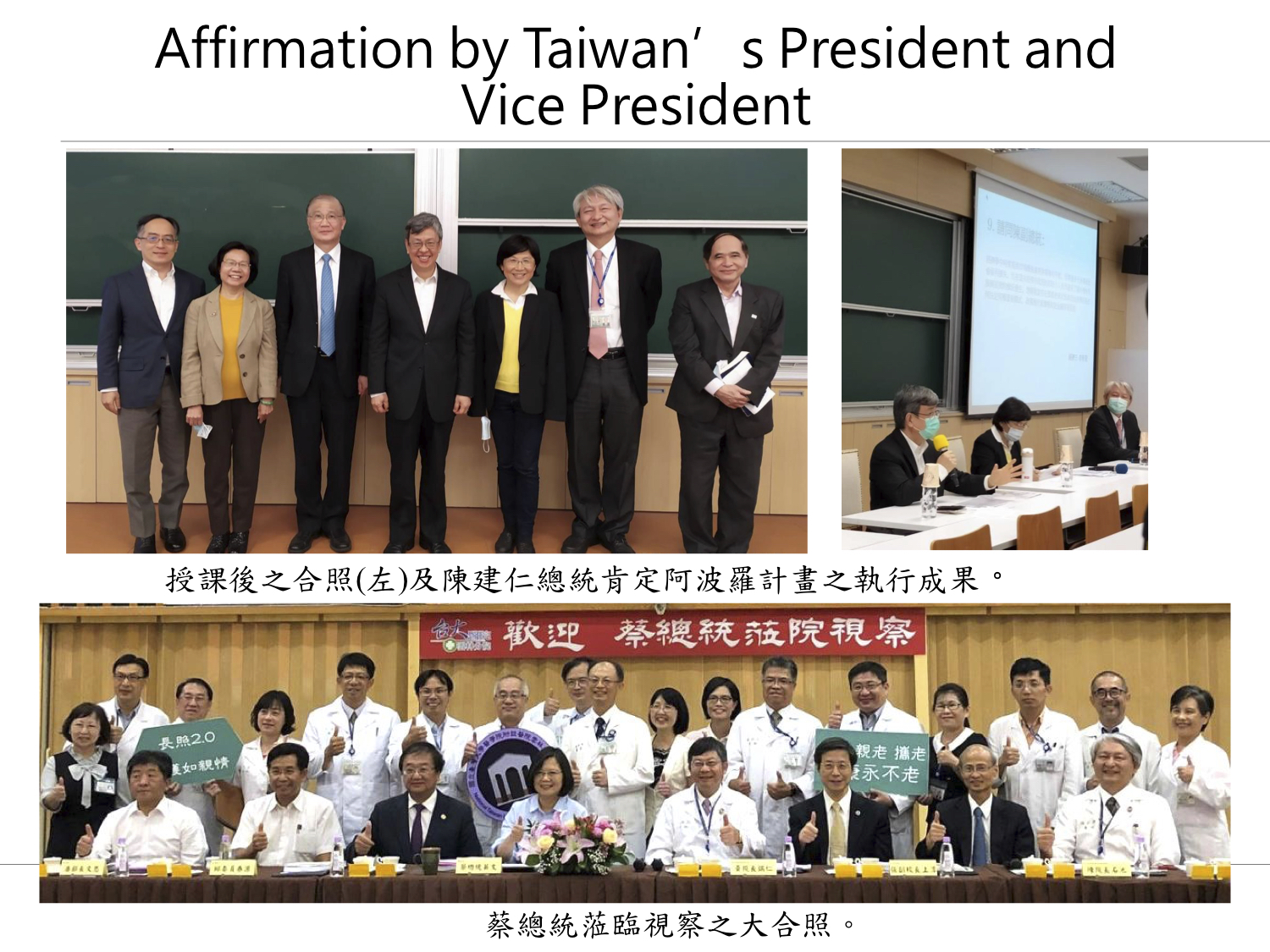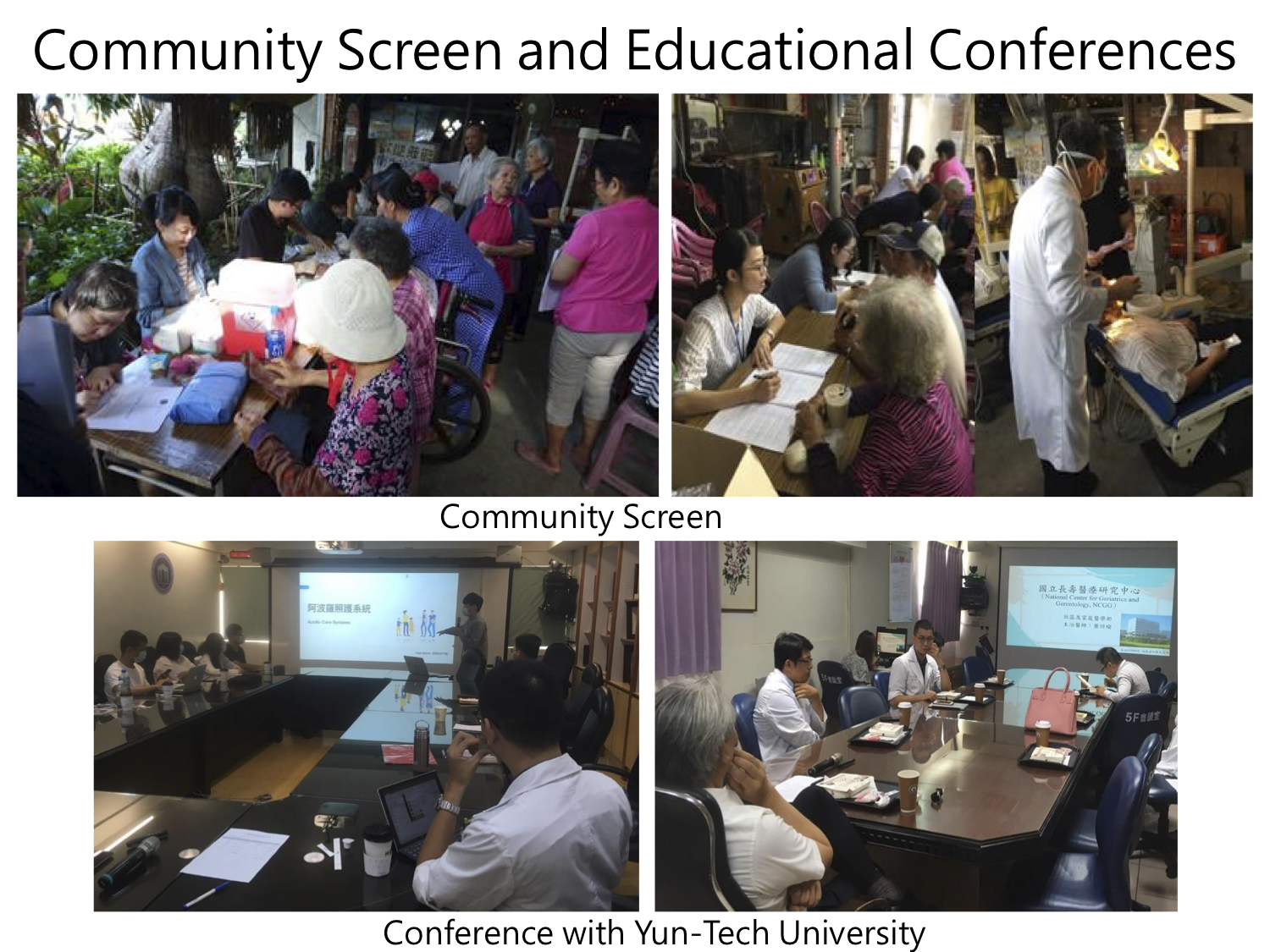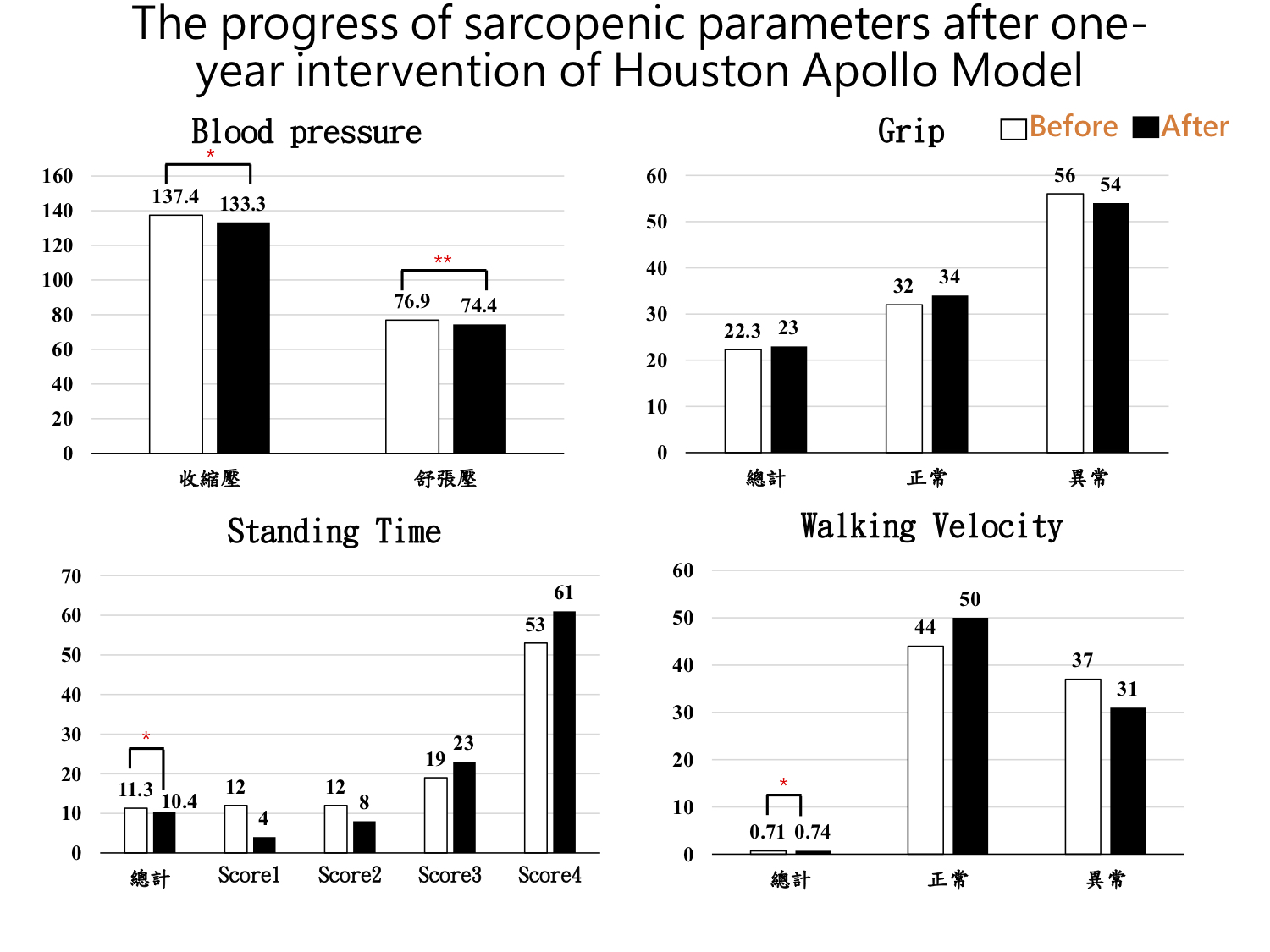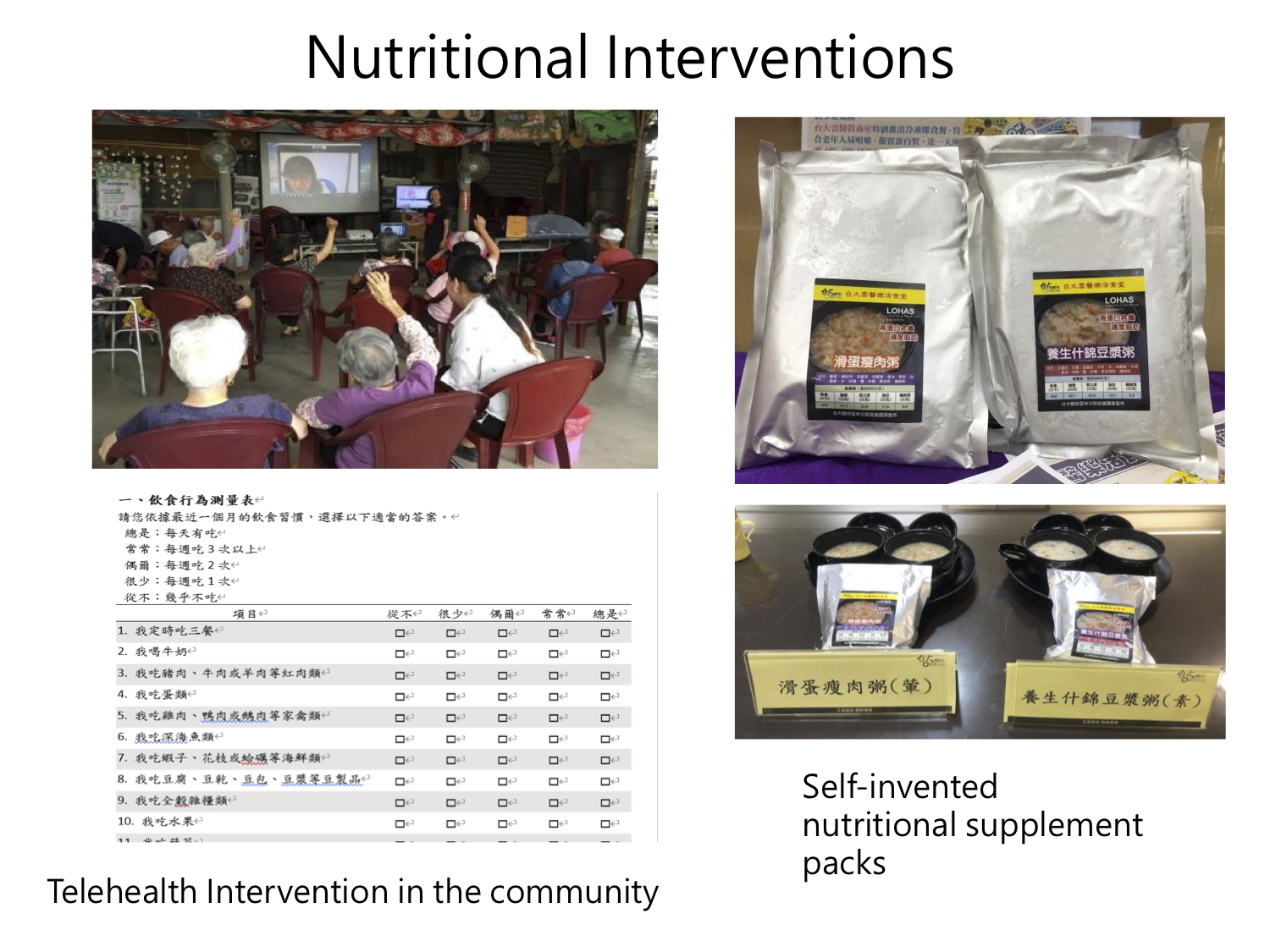2021 HAPI 2nd Prize Winner
As populations age, rural areas are likely to feel a disproportionate impact. Not only are such areas likely to have larger ratios of older residents, but they tend to lack the services to help support healthy aging, or, if such services are available, they may be challenging to access compared to urban areas. Yunlin County in Western Taiwan is one such area that is already confronting some of these difficulties. About 20 percent of Yunlin’s population is over the age of 65, but there are just one-third the number of doctors per person when compared to the capital city of Taipei, and these obstacles to access were found in previous studies to have contributed to weaker health in Yunlin than in urban areas of Taiwan.
To address this problem, National Taiwan University Hospital, Yunlin Branch (NTUHYL) developed an innovative “Houston Apollo Model” for delivering medical services, which leverages existing community activities. Based on the Apollo space project, NTUHYL acts as the program’s “Houston” command center to provide support to people in remote areas. They do this by coordinating with local physicians to provide free telemedicine consultations and health monitoring to older people at congregate meal service (CMS) sites, which are annually sponsored by government budget. By providing medical services at a location that people are travelling to anyway, this model both reduces the financial burden of accessing medical services and lowers transportation barriers.
The Houston Apollo Model taps into a preexisting community infrastructure for CMS that the Yunlin government had already established, where people 65 and older can come and receive subsidized meals in a community space. The CMS program itself provides an important service, providing motivation for older people to leave their homes and opportunities for socializing. Connecting with the CMS infrastructure ensured that the program could provide services to a broad population of older people, as there were already 150 locations that regularly provided meals to approximately 10,000 older people.
Since the launch of the program in 2018, NTUHYL has connected CMS locations with enthusiastic local physicians who are willing to spend 60 minutes a day, 5 days a week, using videoconferencing to provide free health consultations to older people who come to receive meals. As of 2021, there were 14 CMS locations with 9 local physician partners participating in the Houston Apollo Model. These local partners focus on health education, covering issues like hypertension monitoring and exercise rather than formal diagnostics in their consultations. Although they can provide direct medical advice to older people, they also have the option of encouraging their patients to visit a clinic or arrange to have them transferred to NTUHYL. The NTUHYL medical specialists can also consult with and provide support to these local physicians in their role as “Houston.”
To support these interventions, NTUHYL also provides each CMS location with a medical monitoring device, which they have nicknamed a “Baby Machine.” These devices allow local partners to transmit data on older people’s health back to NTUHYL, which can then develop new intervention strategies, for example providing cooking guidance to the service meal providers, or real-time physical training sessions via video.
Since initiating the program, NTUHYL has seen positive improvements in the health of the older people who participate. One year after the launch of the program, they have recorded improvements in the mean blood pressure, grip strength, standing speed, and walking speed. They also discovered that the physical performance of the participants was still below the national average and speculated that nutrition was a major cause for this issue. As such, in 2019 they launched a “one egg a day” nutritional supplement program, which has resulted in further improvements in walking speed and muscle strength. Finally, they have found that medical resource utilization improved after the launch of the program, with a doubling of dental clinic visits and a 1.14 times increase in non-dental clinic visits. As such, the program appears to be effective in both improving health outcomes and access to health care for older people in a rural area.
The program had some initial startup costs for purchasing the medical monitoring devices and other necessary equipment, which were provided as donations. Since then, the program has been aiming to become more financially sustainable and has received income via offering to transfer their technology and through offering a frozen nutrition food pack, which will begin being sold in the future.
KEYS TO SUCCESS
- Tapping into an existing community meal services program has allowed the Houston Apollo Model to reach a high number of older people without investing in outreach and reduced the transportation barriers that might prevent older people from accessing medical services.
- Providing medical consultations via videoconferencing keeps down costs and means that local physicians do not need to make a significant time commitment to contribute to the program.
- Focusing on the idea of “unity is strength” meant the model was designed to benefit all partners—the CMS centers gave the university access to their existing network and in return were able to receive advice on how to improve their interventions.
- Investing in medical monitoring devices for each location meant that the program could monitor whether their interventions were having the intended impact and allowed them to generate new interventions to address specific needs as they were identified.


